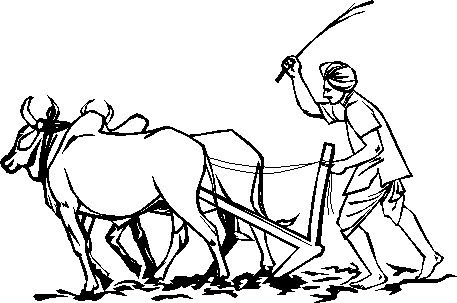Farmers opposing Center's three farm laws
Farmers on Friday held Bharatiya Janata Party leader Manish Grover and other BJP leaders hostage in Haryana's Rohtak. Manish Grover had reached Rohtak to attend an event to watch PM Modi's programme live from Kedarnath. Farmers opposing Centre's three farm laws staged protests against BJP and held the former Rohtak MLA hostage.
The 2020 and 2021 Indian farmers' protest is an ongoing protest against three farm acts which were passed by the Parliament of India in September 2020. A fight between the central government and the farmers has been seen going on. There has been a court stay on the farm laws since January 2021. A number of incidents such as the 2021 farmers' Republic Day protest and Lakhimpur Kheri massacre have resulted in farmer deaths and heavy politicisation. Thousands of farming union members marched towards the nation's capital. The Indian government ordered the police and law enforcement of various states to attack the protesters using water cannons, batons, and tear gas to prevent the farmer unions from entering into Haryana first and then in Delhi. November 2020 saw a nationwide general strike in support of the farmers and thousands converging at various border points on the way to Delhi.
Heavy security has been deployed in the area to avoid any unwanted or major incident.
Thousands of farmers have been protesting the Centre's three farm laws particularly at three border points - Singhu, Ghazipur and Tikri - outside Delhi since November 26, 2020.
Over 40 farmer organisations are protesting against the three farmer laws -- The Farmers Produce Trade and Commerce (Promotion and Facilitation) Act, 2020, The Essential Commodities (Amendment) Act, 2020 and Farmers (Empowerment and Protection) Agreement on Price Assurance and Farm Services Act, 2020.
The farmer unions believe that the laws will open the sale and marketing of agricultural products outside the notified Agricultural Produce Market Committee (APMC) mandis for farmers. Further, the laws will allow inter-state trade and encourage hike electronic trading of agricultural produce. The new laws prevent the state governments from collecting a market fee, cess, or levy for trade outside the APMC markets; this has led the farmers to believe the laws will "gradually lead to the deterioration and ultimately end the mandi system" thus "leaving farmers at the mercy of corporates".




The Brief. Sign up to receive the top stories you need to know right now.